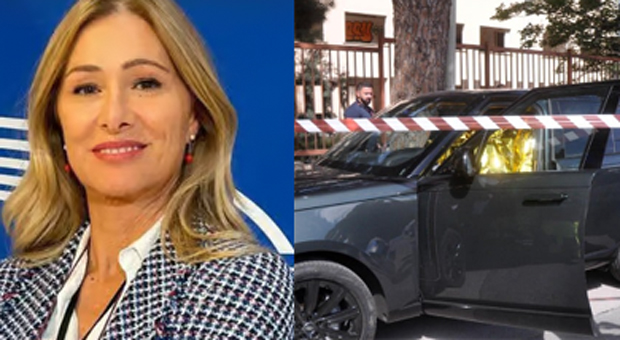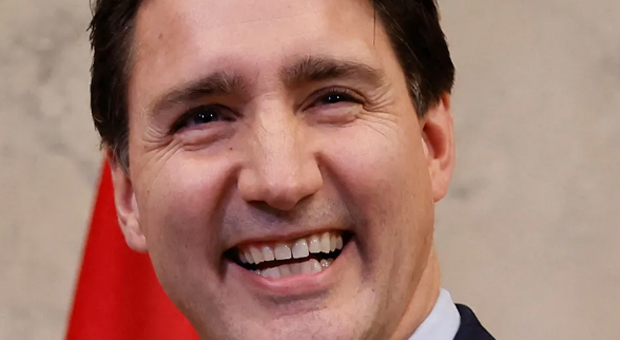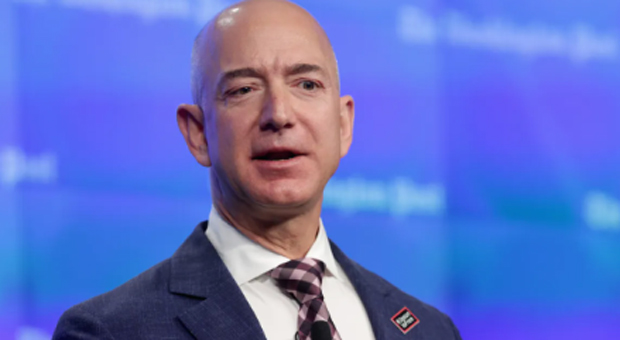Google announced its new censorship campaign “pre-bunking” this week, which aims to squash “unapproved narratives” before they even see the light of day, effectively killing free speech in the womb.
This week, the search giant expanded its totalitarian grip on online free speech after it announced the launch of its misinformation campaign “pre-bunking” across five European countries at the head of the EU elections.
If fact-checking wasn’t enough to destroy independent media, now many small news outlets face being obliterated completely, even before they publish anything.
Google’s series of short videos will teach people how to spot false claims. The videos will appear on social media platforms in Germany, like Facebook, YouTube, or TikTok.
This comes just in time for the EU elections.
Reuters reported:
In June, EU citizens will elect a new European Parliament to pass policies and laws in the region, and lawmakers fear the spread of misinformation online could sway voters.
France, Poland and Germany accused Russia on Monday of putting together an elaborate network of websites to spread pro-Russian propaganda.
Europe’s Digital Services Act, which comes into force this week, will require very large online platforms and search engines to do more to tackle illegal content and risks to public security.
From this spring, Google’s internal Jigsaw unit which operates to tackle threats to societies, will run a series of animated ads across platforms such as TikTok and YouTube in five EU countries: Belgium, France, Germany, Italy, and Poland.
Building on previous campaigns the company has tested in Germany and central Europe, Jigsaw said the new project was an opportunity to reach citizens in countries with some of the largest number of voters in the EU, utilising the company’s local expertise in these regions.
The ads will feature so-called ‘prebunking’ techniques, developed in partnership with researchers at the Universities of Cambridge and Bristol, aimed at helping viewers identify manipulative content before encountering it…
‘We’ve spent so much time having these really polarised debates. Our democracy is at stake, and the temperature just keeps getting higher and higher,’ said Beth Goldberg, head of research at Jigsaw.”
Google writes on its website:
“Digital disinformation has become a pervasive threat, posing risks ranging from the safety of individuals to the legitimacy of democratic processes. But its most pernicious effects are often felt amid ongoing catastrophes – conflicts, terrorist attacks, the slow-rolling devastation of the pandemic – when malicious actors deploy false claims and misleading narratives to compound crises, placing the most vulnerable at even greater risk.
In the first eight months since Russia’s invasion of Ukraine, nearly 8 million Ukrainians, almost a fifth of the country’s population – have been forced from their homes to take refuge across Europe. Hundreds of miles from the frontlines, however, these refugees remain vulnerable to the ongoing conflict. Through both traditional and digital media, the battlefield has been extended around the world as disinformation campaigns waged by the Russian state and others sympathetic to its illegal invasion of Ukraine seek to transform refugees fleeing the conflict into weapons to sow division conflict abroad.
Countering anti-migrant disinformation is vital both for the safety of refugees and the broader information environment in targeted countries. To address this dual challenge, in the fall of 2022, Jigsaw, a unit with Google that explores threats to open societies, launched the largest experiment in our history, seeking to preemptively warn millions of Central and Eastern Europeans of attempts to manipulate their attitudes toward Ukrainian refugees.”
The news comes just months after Google announced its “sensitive Events” update, as Disswire reported last year.
In the most recent Google “Update to Inappropriate content policy,” the search giant said:
“A ‘Sensitive Event’ is an unforeseen event or development that creates significant risk to Google’s ability to provide high quality, relevant information and ground truth, and reduce insensitive or exploitative content in prominent and monetized features. During a Sensitive Event, we may take a variety of actions to address these risks.”
“Examples of Sensitive Events include events with significant social, cultural, or political impact, such as civil emergencies, natural disasters, public health emergencies, terrorism and related activities, conflict, or mass acts of violence.”
It appears big tech are preparing for something big in 2024, and as the stakes for humanity have never been higher, it’s not surprising that that censorship has gone into overdrive.
Being able to share information freely online is not only important, it’s our god given right. Allowing the big tech overlords to dictate the official narrative is something that needs to be stopped now, not just for us, but for future generations.











